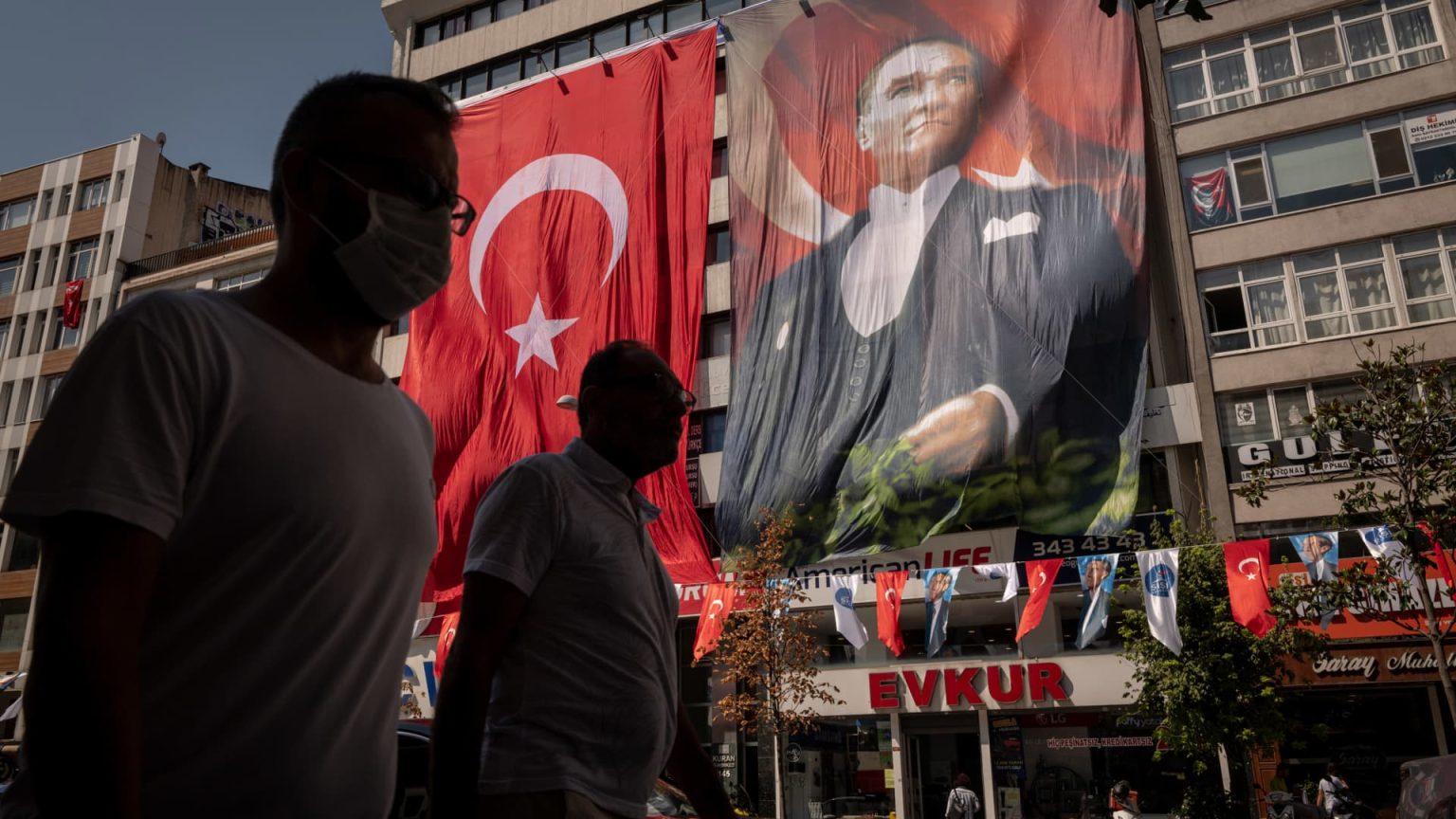Turkey’s inflation rate for the month of April accelerated to 69.8% annually, according to the Turkish Statistical Institute. The highest consumer price increases year-on-year were in education, with a 103.86% jump, and hotels, cafes, and restaurants, with an increase of 95.82%. On a monthly basis, inflation increased by 3.18%, primarily driven by price rises in alcoholic beverages and tobacco, as well as hotels, cafes, and restaurants. This marked the highest annual increase in inflation since November 2022, when inflation was around 85%.
Although April’s inflation rate of nearly 70% was lower than expected by many analysts, hopes for interest rate cuts are still far off, according to economists. The Central Bank of Turkey has increased its key interest rate to 50%, stating the need to combat rising inflation in the country. The bank has emphasized that a “tight monetary stance will be maintained until a significant and sustained decline in the underlying trend of monthly inflation is observed.” Despite the relatively smaller-than-expected increase in inflation in April, economists remain cautious about the future trajectory of inflation and do not anticipate any interest rate cuts until next year.
Liam Peach, a senior emerging markets economist at Capital Economics in London, noted that the slightly smaller rise in Turkish inflation in April offers encouraging signs that price pressures may have softened. However, he cautioned that inflation is expected to decrease in the second half of the year, but the pace of disinflation may not be as rapid as hoped. Given this outlook, it is unlikely that the central bank will transition to interest rate cuts until next year, as the need to maintain a tight monetary policy stance remains a priority.
Turkish inflation has been a significant challenge for the government and policymakers in recent months, with soaring prices creating economic instability and difficulties for Turkish citizens. The sharp increase in inflation has impacted various sectors, with education and hospitality experiencing some of the highest price hikes. These challenges have led the Central Bank of Turkey to take proactive measures to address inflation, including raising interest rates to curb price pressures and stabilize the economy.
The ongoing high inflation rate in Turkey underscores the importance of effective monetary policy to manage economic challenges and ensure stability. The central bank’s decision to maintain a tight monetary stance reflects its commitment to controlling inflation and supporting economic recovery. While the slightly lower-than-expected increase in inflation in April may offer some relief, the road to achieving sustainable disinflation remains uncertain, requiring continued vigilance and prudent policy measures.
Looking ahead, the focus will be on monitoring inflation trends in Turkey and assessing the effectiveness of policy measures in addressing price pressures and promoting economic stability. The central bank’s commitment to maintaining a tight monetary stance and the uncertain trajectory of inflation will continue to be key considerations for policymakers and economists as they navigate the challenging economic landscape in Turkey. Ultimately, finding a balance between addressing inflationary pressures and supporting economic growth will be crucial in determining the country’s economic outlook in the months ahead.


